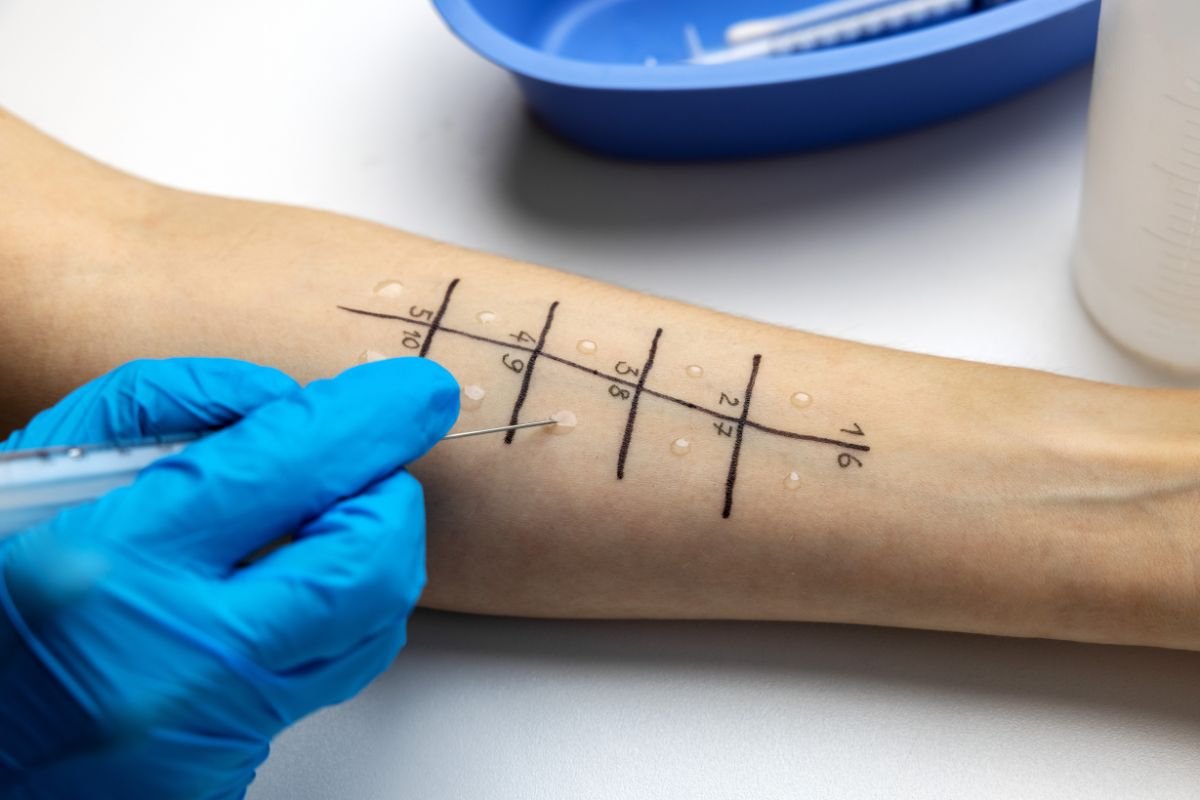

How Much Is An Allergy Test Without Insurance: Cost Guide
An allergy test without insurance can range from $200 to $1,000, depending on the type of test and where it is conducted. This crucial diagnostic procedure allows individuals to identify the specific allergens triggering their symptoms, paving the way for effective treatment and relief. Without insurance coverage, the cost of an allergy test may seem daunting, but there are strategies to make it more affordable. Understanding the options available and seeking out discounted clinics can help mitigate the financial burden of obtaining an allergy test without insurance.
How Much is an Allergy Test Without Insurance: Understanding the Costs
Welcome to our guide on understanding the costs associated with allergy testing, particularly for those individuals who do not have insurance coverage. Allergies can impact our daily lives significantly, and getting tested is crucial to pinpointing the allergens that may be causing discomfort. However, the price of allergy testing can vary depending on the type of test needed and the healthcare provider you visit. In this article, we will delve into the specifics of how much an allergy test costs without insurance, explore the different types of allergy tests available, discuss possible alternatives for affordable testing, and provide tips on managing allergy-related expenses.
The Importance of Allergy Testing
Before diving into the costs associated with allergy testing, let’s first understand why getting tested is essential. Allergy testing helps identify specific allergens that trigger allergic reactions in individuals. By knowing what you are allergic to, you can take necessary precautions to avoid exposure to these allergens, leading to better symptom management and improved quality of life.
Common allergy symptoms include sneezing, itching, nasal congestion, skin rashes, and difficulty breathing. If you experience any of these symptoms regularly, it may be a sign that you have allergies and could benefit from testing to determine the exact triggers.
Types of Allergy Tests
There are several types of allergy tests available, each with its own costs and benefits. The most common allergy tests include:
Skin Prick Test
The skin prick test is one of the most common methods used to diagnose allergies. During this test, a small amount of allergen extract is placed on the skin, and then a small prick or puncture is made through the drop. If you are allergic to the substance, you will develop a reaction at the site within 15-20 minutes.
Blood Test (RAST or IgE test)
Blood tests, such as the RAST (radioallergosorbent) test or IgE test, measure the level of specific antibodies in your blood that your immune system produces in response to allergens. These tests are especially useful for individuals who cannot undergo skin prick testing due to skin conditions or other medical reasons.
Elimination Diet
An elimination diet involves removing specific foods from your diet that are known to cause allergies and then slowly reintroducing them to identify any allergic reactions. While this method can be effective, it is essential to consult a healthcare provider or allergist before attempting an elimination diet to ensure proper guidance and monitoring.
Cost of Allergy Testing Without Insurance
One of the primary concerns for individuals without insurance is the cost associated with allergy testing. Typically, the price of allergy testing without insurance can range from $200 to $1000 or more, depending on the type of test, the number of allergens being tested for, and the location where the test is conducted.
For example, a skin prick test may cost around $60 to $300 per allergen panel, with additional charges for the appointment and consultation. Blood tests can range from $200 to $1000 or more, depending on the specific tests needed and the laboratory fees involved.
Affordable Alternatives for Allergy Testing
If you are concerned about the high costs of allergy testing without insurance, there are several affordable alternatives you can explore:
Community Health Clinics
Community health clinics often offer discounted or sliding scale fees for medical services, including allergy testing. Contact your local clinic to inquire about their pricing options and eligibility requirements.
Local Universities or Research Centers
Universities and research centers may conduct allergy testing as part of their research studies or training programs. You may be able to participate in these studies at a reduced cost or even for free, while also contributing to scientific research.
Telemedicine Services
Some telemedicine services offer virtual allergy consultations and testing kits that you can use at home. While these services may not be as comprehensive as in-person testing, they can provide a more affordable option for initial assessment and guidance.
Managing Allergy-Related Expenses
Aside from the cost of testing, managing allergy-related expenses involves several strategies to minimize the financial burden:
Insurance Coverage
If you do not have insurance, consider exploring affordable insurance options through government programs or healthcare exchanges. Having insurance coverage can significantly reduce the out-of-pocket costs for allergy testing and treatment.
Generic Medications
Opting for generic allergy medications instead of brand-name drugs can help save money without compromising on effectiveness. Many over-the-counter antihistamines and nasal sprays are available as generics at a lower cost.
Allergen Avoidance
One of the most effective ways to manage allergies is by avoiding exposure to known allergens. Taking proactive measures to minimize contact with triggers, such as dust mites, pollen, pet dander, and mold, can help reduce the need for medications and medical interventions.
In conclusion, while the cost of allergy testing without insurance can be a significant concern for many individuals, there are options available to make testing more accessible and affordable. By understanding the different types of allergy tests, exploring cost-effective alternatives, and implementing strategies to manage allergy-related expenses, you can take control of your allergies without breaking the bank. Remember to consult with a healthcare provider or allergist to determine the best course of action for diagnosing and managing your allergies effectively.
Thank you for reading our comprehensive guide on how much allergy testing costs without insurance. Stay informed, stay healthy!
How Much Do Epinephrine Autoinjectors Cost Without Insurance? | Allergy Relief Guide
Frequently Asked Questions
How much does an allergy test cost without insurance?
An allergy test without insurance can range from $100 to $300 for skin prick tests and up to $1,000 for blood tests. Costs vary depending on the type of test needed and the provider’s fees.
Are there any affordable options for allergy testing without insurance?
Some clinics and laboratories may offer discounted rates or payment plans for individuals without insurance. It’s advisable to research and inquire about such options to find the most affordable solution.
Can I negotiate the cost of an allergy test if I don’t have insurance?
Yes, it is possible to negotiate the cost of an allergy test without insurance. You can speak directly with the healthcare provider or facility to discuss payment options, potential discounts, or payment plans to make the test more affordable for you.
What factors can influence the price of an allergy test for someone without insurance?
Several factors can impact the cost of an allergy test for individuals without insurance, including the type of test required, the healthcare provider’s fees, the location of the facility, and any additional services or consultations needed as part of the testing process.
Final Thoughts
In conclusion, an allergy test without insurance can range anywhere from $200 to $1000, depending on the type of test and where it is conducted. It is important to shop around and compare prices to find the best option for your budget. Many clinics and healthcare providers offer payment plans or discounts for self-pay patients. Remember to inquire about any available financial assistance programs. Ultimately, being proactive and informed about the cost of an allergy test without insurance can help you make the best decision for your healthcare needs.


